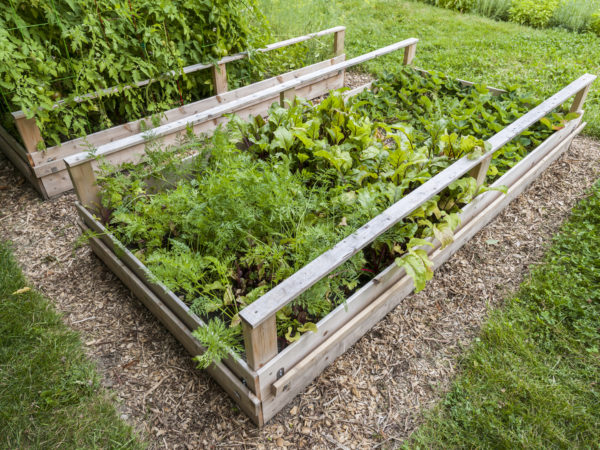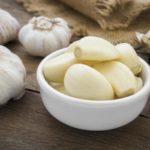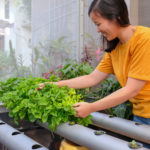Big City Soil: Big Trouble?
I live in a big city and have access to space I can use to plant an organic garden next spring. However, I’m concerned about the soil and contaminants it may contain since it is in what once was an industrial area. Do you have any advice for a novice city gardener?
Andrew Weil, M.D. | October 30, 2014

I’m glad you’ve given some thought to possible soil contaminants before you started to plant your garden. Urban soil contamination is a growing concern, and a subject of investigation by the Johns Hopkins Center for a Livable Future. Researchers there conducted a survey to find out what city gardeners knew about the soil they were using for planting and the risks contaminated soil may present. While acknowledging the health benefits of city gardening, the team identified a potential for exposure to heavy metals, petroleum products and asbestos in soil.
The survey findings suggest many city gardeners recognize the importance of knowing what the garden site was used for in years past, but don’t have the information or expertise to determine their risk of exposure to contaminants that may be present in the soil.
That risk isn’t related only to your personal exposure while gardening, but also to the chemicals that might become part of the food you grow. It is magnified among children who may play in contaminated soil or eat vegetables grown in city gardens.
Fortunately, the Johns Hopkins team put together an informative booklet – Soil Safety Resource for Urban Food Growers – that includes information on the sources of contamination, how to investigate the past uses of a garden site, and how to test the soil for contaminants.
The best way to find out about the past uses of your plot is often just to ask people in the neighborhood. You’ll also want to determine what adjacent land was used for – if there was a gas station, factory or chemical spill, you might want to think twice about whether to put in your garden. Another good source of information is Sanborn Maps, which have collected building information since 1867 for more than 12,000 U.S. towns and cities. Some of these maps are available free online, but you may have to purchase more recent ones.
The booklet also contains information on soil testing, which usually involves buying a kit, collecting soil samples and sending them for analysis. In some cases, results may reveal that levels of contaminants are too high to grow food. The testing companies typically test for lead and other common materials. Even if your designated plot gets a clean bill of health, you won’t know for sure if some less common contaminant is present, which is why knowing the history of the land use is crucial.
I hope your city garden plot proves contaminant-free and that you will enjoy growing your own food and organic gardening as much as I do.
Andrew Weil, M.D.
Source:
Keeve E. Nachman et al, “Urban Community Gardeners’ Knowledge and Perceptions of Soil Contaminant Risks,” PLOS One DOI: 10.1371/journal.pone.0087913










